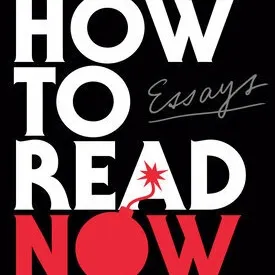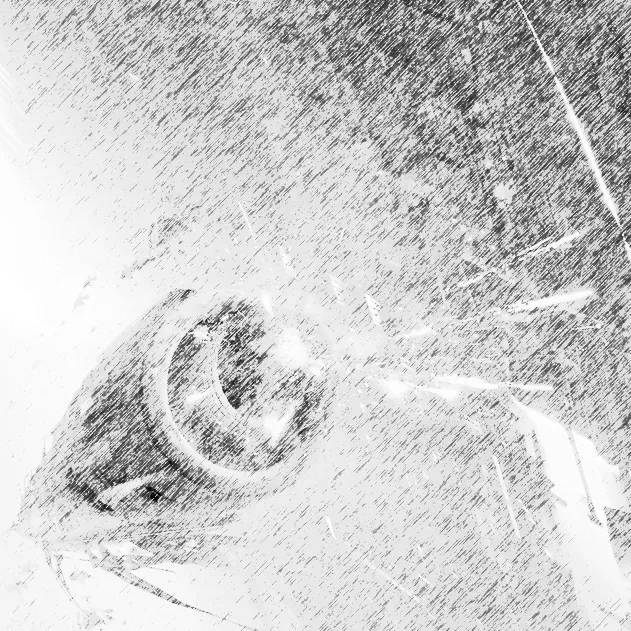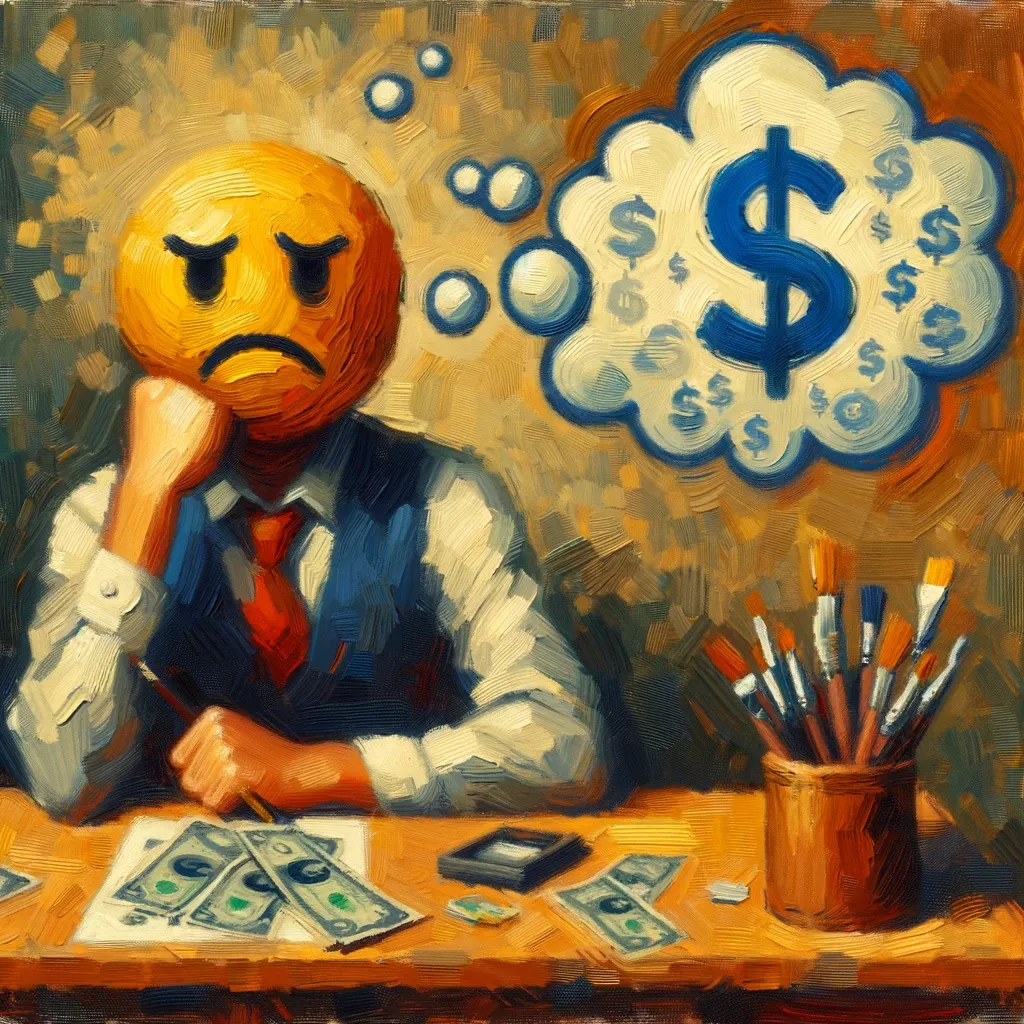During my time with this novel, I experienced a few mornings where I woke up with a feeling of purposelessness1, like there was no point in the work that I do day in, day out. While I’m not saying that I’m immune to negative feelings, darkness is not my default mode, and I’m usually able to motivate myself just fine. That is to say, I do believe that the despondent mood of The Bell Jar rubbed off on me.
I mean this as a compliment to Plath’s vivid description of her protagonist’s spiral into depression. It’s a harrowing journey which is accentuated by the fact that it sneaks up on you. When Esther’s story begins, the narrative reads like a fish-out-of-water story, of a suburban girl who’s slightly overwhelmed by the big city, but who has enough wit and intelligence to float above and see through the bullshit. Over time, it becomes more and more clear that her detachment is a sign of her struggle to belong in the world. Mental illness can’t always be explained, and the book doesn’t try to do it: it simply lets us experience it through Esther’s eyes.










